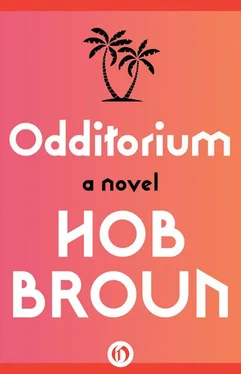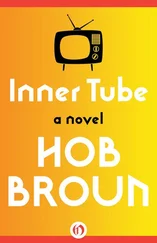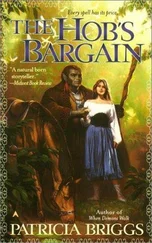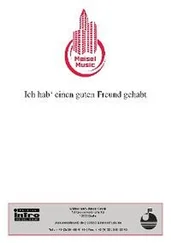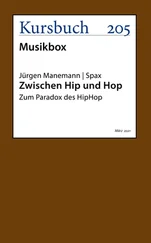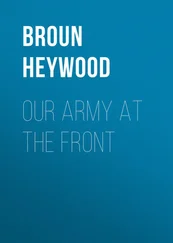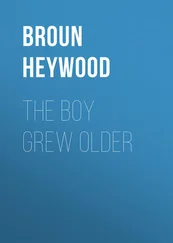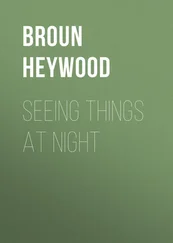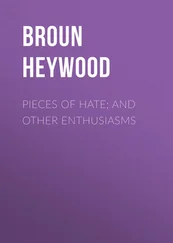The shore is sandy and flat, wide open to a torrid but indifferent sun. There are perhaps sixteen huts clustered here, each one different from the others in size or shape or in the mix of building materials. A path, almost the suggestion of a road, leads into the pushed-back woods. On either side of it are scattered garden plots haphazardly fenced. Many broken stalks here, leaves brown and stiff. The soil is particular about the things it will grow. A small dog noses around lumps of trash at the water’s edge, some of it delivered by the river, some of it drifted down from the settlement. The rubber sandal arrives now, bouncing off an outcropping stone, spinning in a gentle eddy until it comes to rest against a formation of rags and curved tin. The dog paws the sandal up onto shore and begins to chew, her jaws squeezing out the water it’s soaked up. She sucks this rubbery tasting juice to the back of her tongue with great pleasure.
By the hut that is farthest from the others a cookfire burns, a blackened pot balanced over the coals. The woman peers into it, a broken piece of comb clenched between her teeth, then stands up again and plucks at the ragged fringe of hair over the man’s ear. With finality, she twice clacks together the blades of the scissors she borrowed from Lita, whose son breathes the pain of his ulcerous legs into his harmonica, and pats the man’s brown back.
“It’s not exactly Charles of The Ritz,” Tildy says, “but it’s the best I can do.”
Christo touches his bare neck. “I should have a real good sunburn back there by tonight.”
“Well, at least you don’t look like a hippie.”
“That’s great. Tomorrow I can go and apply for a job at the bank.”
Tildy just smiles and backs away. She hardly notices his jabs anymore. Intimidation is pointless here. She squats by the fire and looks into the pot. In boiling gray water the chunks of armadillo rotate slowly. Karl was so proud when he brought it in that morning, the first thing ever caught in his traps.
“However it turns out, it won’t be fish,” Tildy says.
But Christo has gone down to the water to clean his teeth with salt and a green stick.
Tildy was ill almost all the way across, by the time they reached Boca Chica Bay, she had lost ten pounds and her skin was the color of slush. They had made a nest for her among the boxed television sets (Orozco always arranged for return cargo — life was too short, he said, to ever waste a trip running empty) where she shivered and heaved and never saw the sun. Being awake meant only pain and discomfort, but sleep, or the kind of lapsed consciousness that passed for sleep, propelled her into terrible dreams of suffocation or endless pursuit through empty and harshly lit rooms.
Christo and Karl both took their turns at work with the others up on deck, being cursed and jostled a good deal of the time. At night they ate watery beans and salt fish and slept without padding in the hold, the unavoidable rivet heads prodding their flesh. So there was misery enough to go around.
“Sure as fuck ain’t been no pleasure cruise,” Karl said when at last they came in sight of Cartagena, the oldest fortified city in the New World and the playground of smugglers and pirates for centuries, as he knew from his reading.
Here came Orozco with his jerked-beef face and sad thin smile to explain that slipping three fugitives into the country without papers would be most expensive. As to the televisions, well of course he had set two aside for the harbormaster, but this was another matter altogether, no? And then there was his own considerable trouble to count in. A favor to his good New York friend and customer, certainly, but after all….
It was clear from his relentlessly insinuating manner that he had looked inside their trunk. Realizing they had left all choices back in Cape May — and there was a grim sort of comfort in that — Christo asked what he had in mind exactly. Orozco shrugged. What value could one give these things in a city where the children sold bags of raw emeralds in the streets like candy? But he was not a cruel man. He understood the pressures they were under and the difficulties they might face. He invited them, each one, to take a few pieces they liked, the prettiest ones, and he would take care of the rest. Then they would be free to go as they pleased. And freedom, was that not in the truest sense without price?
They carried Tildy down to the dock on a board.
The taxi driver who snapped them up could not have been more than fourteen years old. He sat on a heavy pillow in order to see over the pink furry dashboard of his ’59 Chrysler Imperial and leaned on the horn as they crept through the overpopulated streets. He was disturbed that they wanted to be left off at a cheap hostel, but was more than happy to accept their U.S. dollars.
The room smelled like old clothes. From the café downstairs Christo brought bread and bottled water, got Tildy to eat a little, then laid himself out on one of the canvas cots, insensible to anything but the sound of his own breathing. It was too hot to think. At night it didn’t get any cooler. Christo woke all at once in a wallow of sweat as jukebox music came palpitating up through the floor. He got up, peeling his shirt off, and caught Karl’s anxious whisper in the dark.
“You got a plan?”
“A what?”
“Plan, a scheme, like. You got us here — okay. What’re we gonna do now?”
“Stay alive.”
Tildy slept off and on for a day and a half, slowly working her way along: a piece of fruit here, a hard-boiled egg there, and finally a bowl of meatball soup which Karl spoon-fed her like a baby, wiping her mouth with his cuff.
Christo meanwhile was out in the streets, looking to convert gold lockets and rings into pesos. Every town has its Broadway, never hard to find, and after a few circuits of the avenue where banks and airline ticket offices were grouped, he found a customer, a redheaded kid from Baltimore with a guitar around his neck. He said his name was Zane.
“My mom’s gonna love this.” He held the sapphire up to the light, fingered its delicate setting. “Last wedding ring she got went down the garbage disposal at home.”
But this one-at-a-time groove was not the place to be; he’d attract attention before long. Christo needed to deal some fast quantity and get out of sight. He wandered along and found a shabby little park of patchy grass, flowerbeds, an equestrian statue coated with verdigris. Some local studs were gathered around a beer-fueled rhythm combo: congas, cowbell, maracas. Christo hung out for a while, blending into the scenery and waiting for someone to come to him.
The someone was well-dressed, on this set at least, and screened his eyes behind mirror-finish glasses. It took some time for Christo, in a kind of international hustler’s pidgin, to establish that he was a seller rather than a buyer. He flashed a little yellow metal for the mirror man and said if he wanted to talk, they’d have to walk, not about to get down anywhere near all those hometown troops. The mirror man took his time thinking it over, looked in a dozen different directions, at his watch, at the cigarette he flicked in a hard straight line toward some dusty geraniums, before he motioned: Let’s go.
He stopped after they’d strolled a couple of blocks and held out his hand. “Policarpo Fung. Mi madre of Hong Kong.” Then, aiming an admonitory finger, “ Mi hermana , she husband big police aquí. Comprendo ?”
Christo dipped his head. Sure, comprendo . You want to run a bogus front page, here’s one in my language. And he cranked out a story about looking after a lonely oilman’s wife in Maracaibo, really looking after her, and after all those nights he’d had it coming. He flashed the goodies again, giving Fung a longer look this time. Fung loosened visibly, concluding exactly as he was supposed to that a man who made his living in the bedroom was soft as butter and no kind of threat.
Читать дальше
